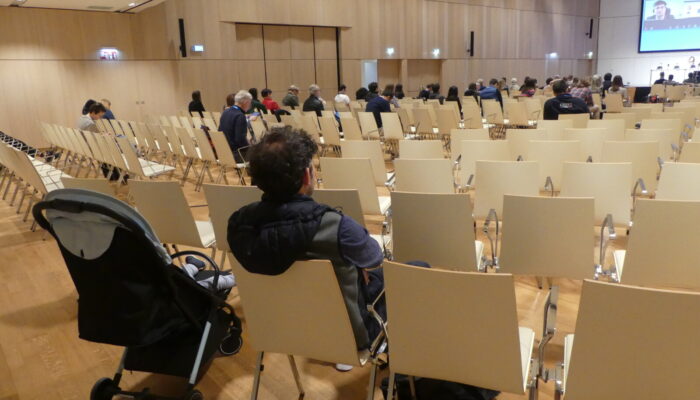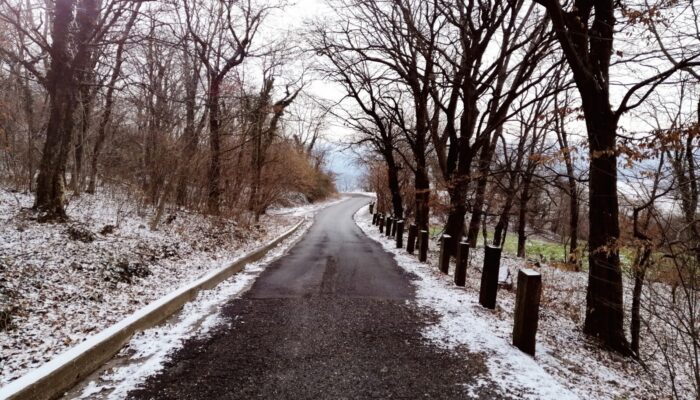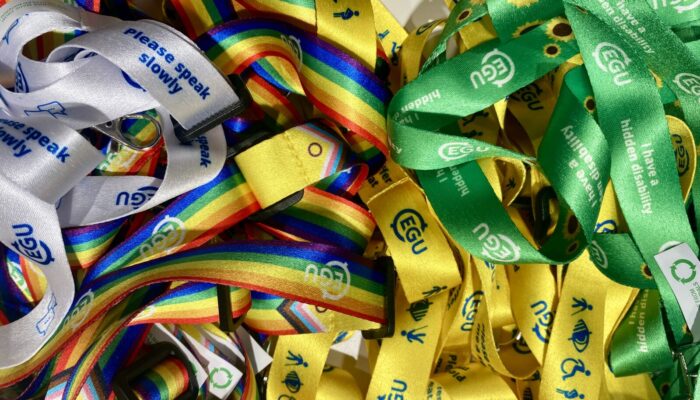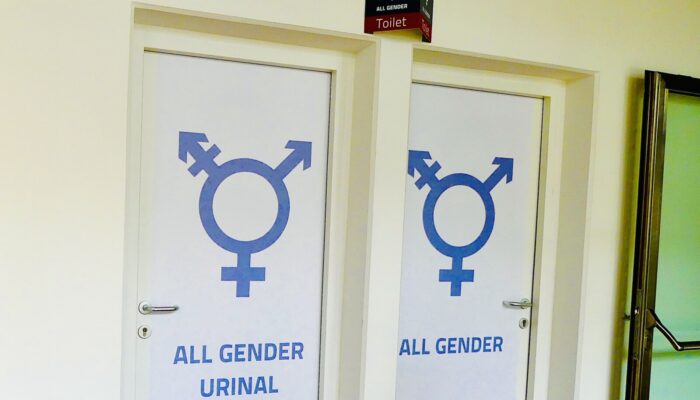Yesterday, the European Geosciences Union (EGU) hosted a vibrant and impactful event focused on Equality, Diversity, and Inclusion (EDI) within the geosciences community. This networking session provided an open and welcoming space for participants to meet the dedicated volunteer members of the EGU EDI Committee and learn more about the initiatives implemented by the EGU to raise awareness of the ...[Read More]
Questions about accessibility at EGU25? Your guide to attending with children, special access resources and overcoming conference barriers.
The annual EGU General Assembly is a wonderful chance to gather together with friends and colleagues to discuss recent scientific work, plan new projects and develop your career, but a scientific meeting, especially one the size and length of time of the General Assembly is not an equally accessible experience for everyone. With this in mind over the years EGU have developed a range of resources a ...[Read More]
Creating family-friendly conferences in geosciences: a new study needs your help!

Do you think managing a scientific career and having a family is difficult? Would you like to see more family support at conferences? So do we! ‘We’ are Lisa Schielicke, Leonie Esters, and Elena Päffgen from the Meteorological Department of the University of Bonn in Germany. Together, we are working on the project “Family-Friendly Conferences in the Geosciences” to increase ...[Read More]
Mind Your Head: How to have a mindful December and holiday season

It’s December and the Life-Work-Balance group is recalling the “Mind Your Head” blog posts, a blogpost series which started in May 2018. We invite you to join our journey through 11 inspiring blog posts and five simple activities to foster our life-work-balance, revive knowledge and find new inspiration during this holiday season. A word at the beginning: perhaps your current life and daily routin ...[Read More]


